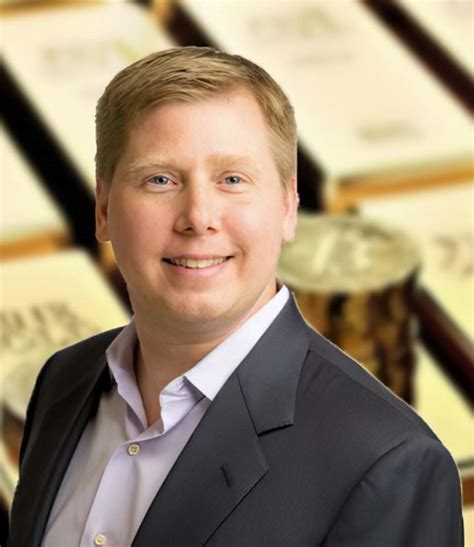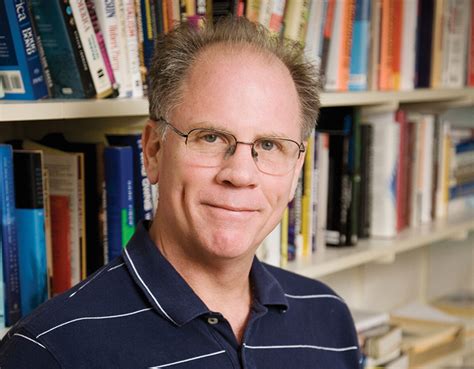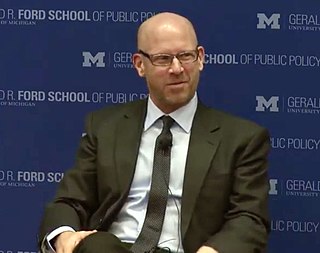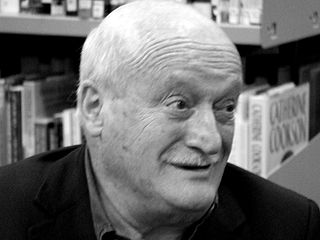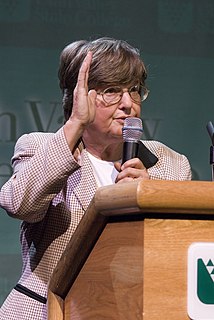A Quote by Andrew Neil
During the Blair-Brown decade social concerns - what kind of society we have become - have gradually replaced economic worries. People fear that we have become an increasingly fragmented, boorish, more violent society.
Related Quotes
Government by the people for the people becomes meaningless unless it includes major economic decision-making by the people for the people. This is not simply an economic matter. In essence it is an ethical and moral question, for whoever takes the important economic decisions in society ipso facto determines the social priorities of that society.
I think part of why schizophrenia got linked to civil rights protest in the '60s was because mainstream society was coding threats against the smooth running of the state as insanity and treating it as such, and so as that happens you see the evolution of a process in which people with schizophrenia are increasingly feared and our hospitals, particularly the kind of hospital that I look at in the book become to look more and more like prisons, to the point where many of them including the one I talk about actually become prisons.
The novel has become a function of the fragmented society, the fragmented consciousness. Human beings are so divided, are becoming more and more divided, and more subdivided in themselves, reflecting the world, that they reach out desperately, not knowing they do it, for information about other groups inside their own country, let alone about groups in other countries. It is a blind grasping out for their own wholeness, and the novel-report is a means toward it.
To put yourself into a situation where a mistake cannot necessarily be recouped, where the life you lose may be your own, clears the head wonderfully. It puts domestic problems back into proportion and adds an element of seriousness to your drab, routine life. Perhaps this is one reason why climbing has become increasingly hard as society has become increasingly, disproportionately, coddling.



